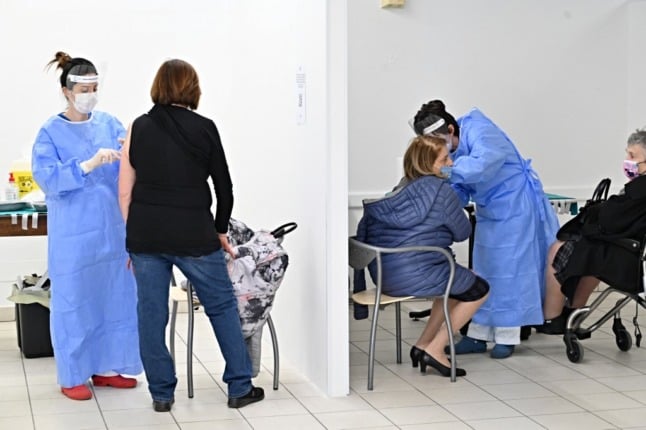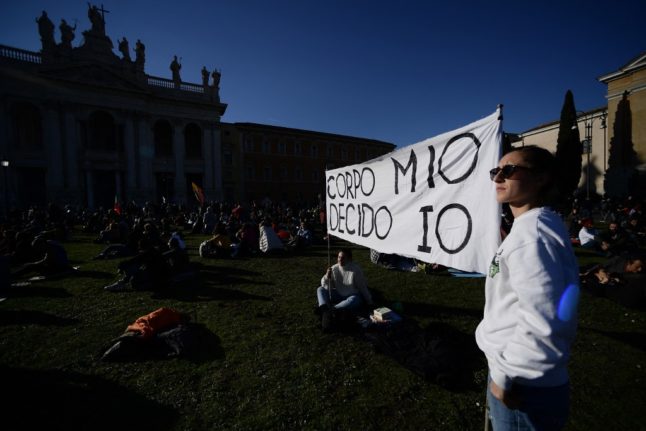Health Minister Roberto Speranza on Sunday said top-up shots of a Covid-19 vaccine for the general population are “probable” later in the year, as the national drugs regulator gave the green light to fourth doses for the immunocompromised.
“We will have to evaluate [fourth doses] for everyone after the summer,” Speranza said in an interview with newspaper Repubblica. “It is to be considered probable, because the virus won’t shake hands and leave forever, unfortunately,”
READ ALSO: At a glance: What are the Covid-19 rules in Italy now?
He added that 2022 “is the crucial year in which to understand if we will return to a fully normal life.”
“I’m optimistic, but the game is not over. In a few months part of the world will enter autumn: by observing them, we will understand what awaits us.”
Speranza’s comments came as the health ministry confirmed in an ordinance on Sunday that a fourth dose of a Covid vaccine can be administered to immunocompromised people, following approval from Aifa.
A fourth shot for those with compromised immune systems will be made available starting in March for those who had their last dose at least 120 days previously.
Earlier in February, Aifa director Nicola Magrini ruled out offering second booster doses to the general population in the coming months, saying a top-up jab may be offered instead.
“There won’t be a fourth dose, but a follow-up, hopefully annually,” Magrini said in an interview broadcast on the RaiTre television channel.
On Monday, Walter Ricciardi, professor of hygiene at Rome’s Catholic University and an advisor to the health minister, told La Stampa that it is “likely” another booster “will be useful for everyone” by autumn.
Ricciardi stressed that certain health measures should be kept in place even if the government ends the current state of emergency on March 31st as expected.
“The state of emergency may end, but with the foresight to keep in place the pillars that support our current freedoms,” Ricciardi said.
He said existing rules on vaccination, boosters, the Italian ‘green pass’ health certificate and on wearing masks indoors “must remain in place.”
The Italian government is currently evaluating when and how to proceed with relaxing nationwide health measures after Prime Minister Mario Draghi promised in early February that a “timeline” for relaxing the rules would soon be announced.
So far, few changes to the current restrictions have been confirmed, with parliament set to examine proposals later this week.



 Please whitelist us to continue reading.
Please whitelist us to continue reading.
Member comments